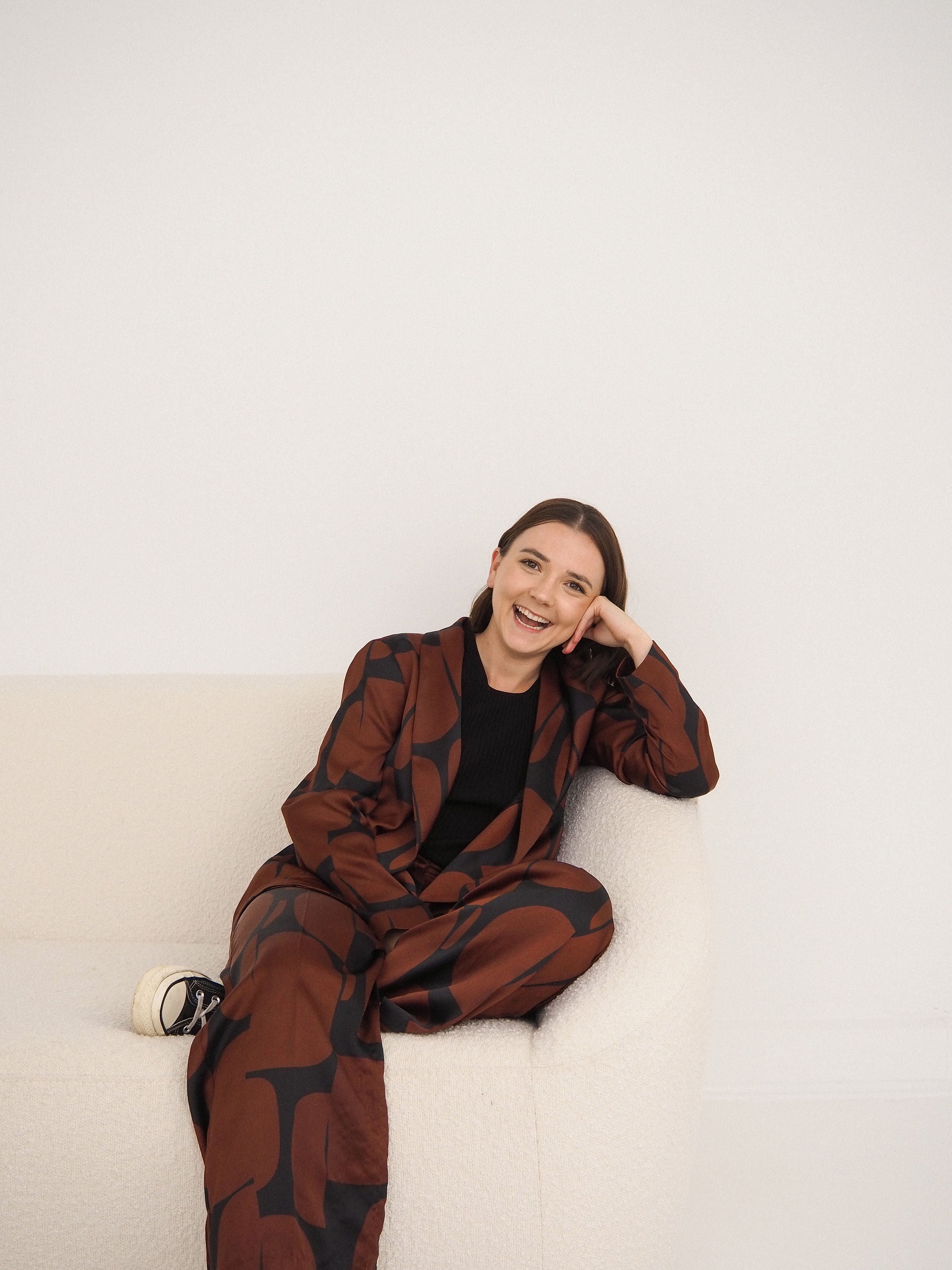This week, we sat down with our incredible brand designer, Matilda Wilson to chat all things creative business, routine and workspaces…
Meet Matilda Wilson: Founder of MW Creative Studio and CoTheory Brand Designer
By Larissa Haddad

Join The Collective To Get $20 OFF
By Larissa Haddad

